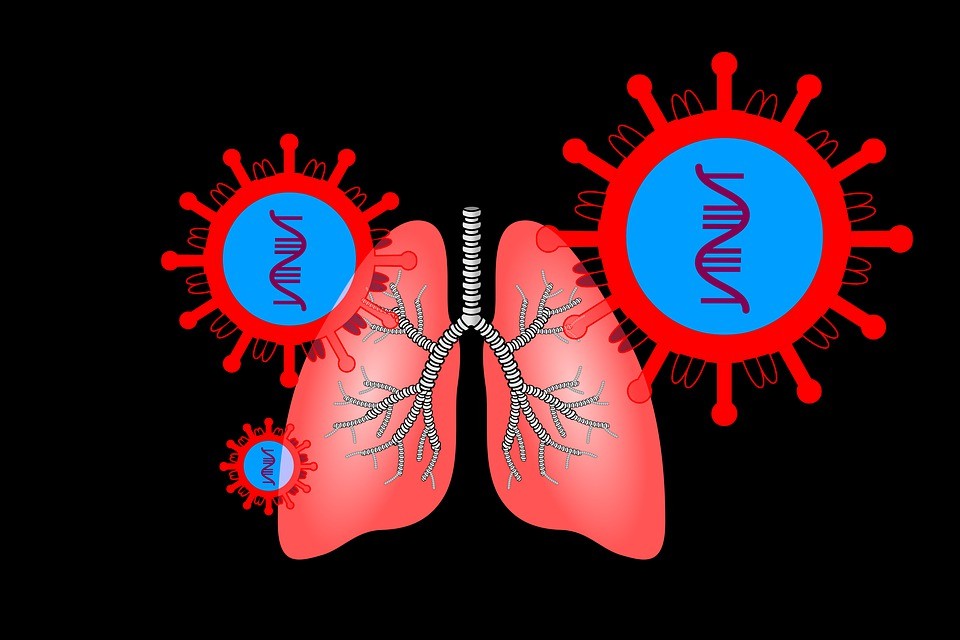A landmark study from King's College London found SARS-CoV-2 viral genomes lingering in the lungs of deceased COVID-19 patients. Autopsies uncovered profound abnormalities in pulmonary cells.
Many patients experience symptoms months after SARS-CoV-2 infection, a condition known as long COVID. These include neurological or cognitive issues, sensory disturbances, cardiac problems, dyspnea (shortness of breath), chronic fatigue, and muscle or joint pain.
A King's College study published November 4, 2020, provides key insights. Researchers examined liver, heart, lung, and kidney samples from 41 patients who died from the virus between February and April 2020. Results showed profound disruption to normal lung architecture, with respiratory tissue transforming into fibrous scar tissue.

The study identified two hallmarks unique to COVID-19 pneumonia in 90% of cases: thrombosis (severe blood clotting) in pulmonary arteries and veins, plus abnormally enlarged lung cells with multiple nuclei from cell fusion—triggered by the virus's spike protein.
Viral genomes persisted long-term in respiratory cells, blood vessel cells, and fused cells, causing structural lung changes that linger for weeks or months and fuel long COVID. No such persistence or inflammation appeared in other organs.
This work advances our understanding: COVID-19 damage stems not just from infected cell death, but from enduring abnormal cells. Researchers are now testing these cells' impact on clotting and inflammation, targeting drugs to block spike protein-induced fusion.